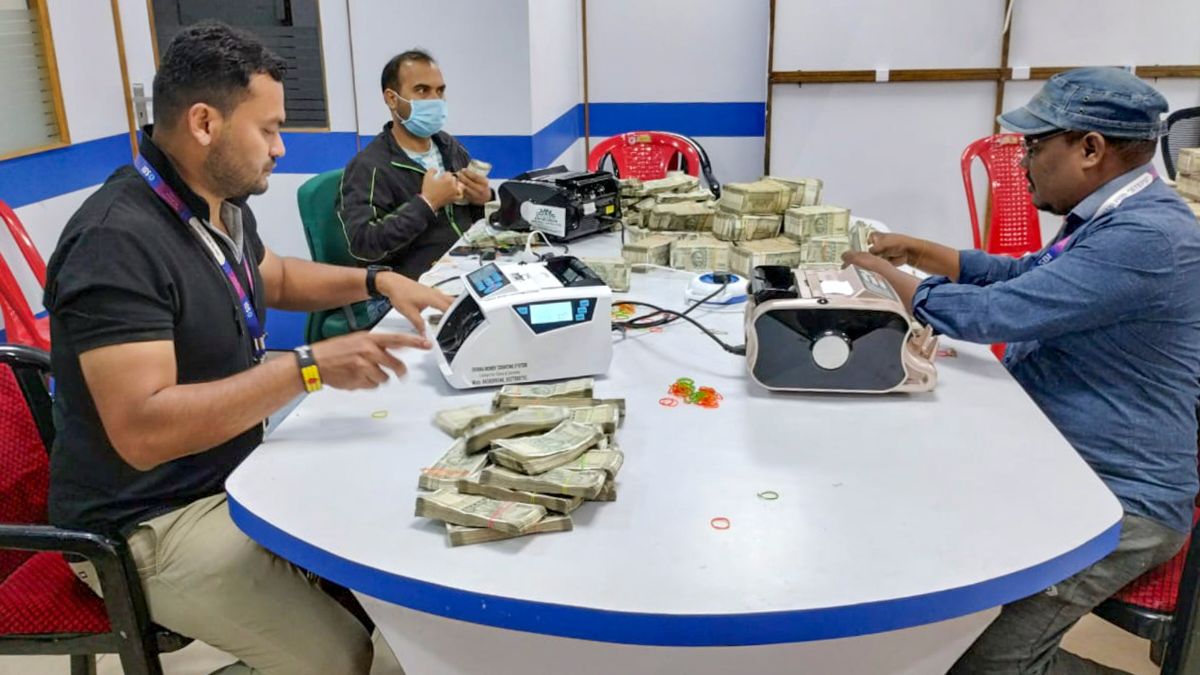Advance tax collections in India have seen a robust increase, rising by 28 per cent up to June 16 in the financial year 2024-25 (FY25) compared to the same period last year, according to sources cited by business channel ET Now. The collections have reached Rs 1.48 lakh crore.
Breakdown of Tax Collections
Corporate tax collections have been reported at Rs 1.6 lakh crore, while personal income tax collections amounted to Rs 3.79 lakh crore between April 1 and June 16, as per ET Now. The total gross tax receipts for this period have surged to Rs 5.15 lakh crore, marking a significant 22.89 percent year-on-year growth.
Understanding Advance Tax
Advance tax is the tax paid on income as it is earned during the financial year, rather than at the end. This tax is paid in four instalments — on June 15, September 15, December 15, and March 15. This system ensures a steady inflow of tax revenue throughout the year rather than lump sum payments at the fiscal year-end.
For salaried individuals, employers typically deduct tax at source before salary disbursement. However, these individuals may also have other income sources like interest from deposits and capital gains, which need to be accounted for in advance tax calculations.
Instalment Payment Structure
Taxpayers must pay 15 per cent of their estimated tax liability by June 15, 45 per cent by September 15, 75 per cent by December 15, and the remaining 100 per cent by March 15.
Self-employed businesspersons and professionals under the presumptive taxation scheme have different rules. They can pay their entire advance tax in one instalment by March 15, as estimating annual tax liability at the beginning of the year can be challenging for small businesses.
Eligibility for Advance Tax
Advance tax is mandatory for individuals whose net tax liability exceeds Rs 10,000 in a financial year. Net tax liability is the amount payable after deducting tax deducted at source (TDS). If the total tax due after TDS exceeds Rs 10,000, advance tax must be paid.
Exemptions
Not all individuals with a net tax liability over Rs 10,000 are required to pay advance tax. Certain exemptions are allowed under income tax laws. For instance, senior citizens over 60 years of age who do not have business or professional income are exempt from paying advance tax.
Legal Framework
Section 211 of the Income Tax Act mandates taxpayers to pay advance tax in four instalments from June 15 to March 15 each fiscal year. However, those opting for the presumptive taxation scheme need to pay in a single instalment by March 15.
The significant rise in advance tax collections reflects a strong compliance among taxpayers and an overall growth in taxable income. This development provides a positive outlook on the financial health and economic activity in the country.


